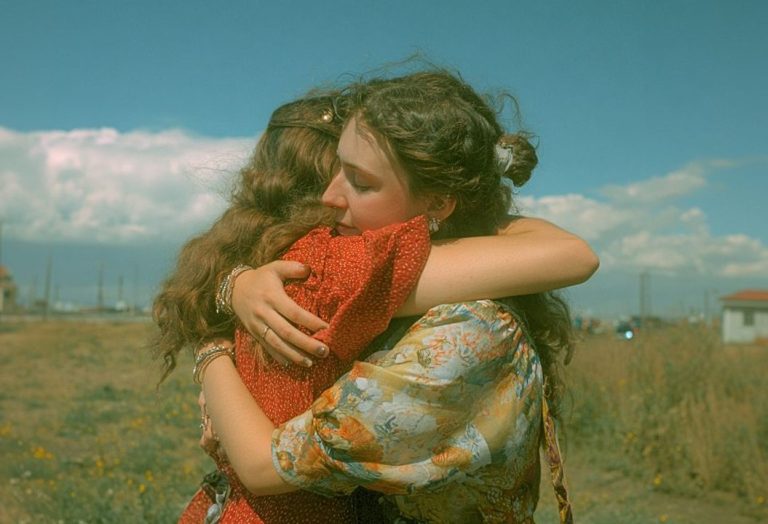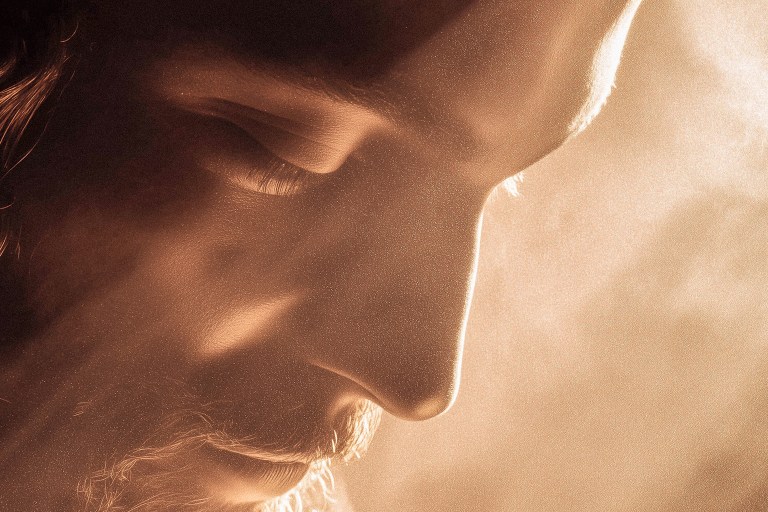
To Fully Heal, We Must First Find Meaning In Our Trauma
Finding meaning in our trauma requires digging up the past and deciding what is worth keeping and what should be left behind.
By ![]() Tony Fahkry
Tony Fahkry
“Your wound is probably not your fault, but your healing is your responsibility.” — Denice Frogman
Each of us carries wounds from childhood. For some, the pain is intense, bringing with it a sense of relived trauma, while others may not be fully aware of their wounds, even when triggered by external events. Life is difficult and complex at times. We’re not born with an instruction manual and must learn to cope with life as we go along.
Has this been your experience in life? One minute, things don’t make sense, and the next, something comes along that you’re not prepared for? We never know what life has in store for us, but we can use this to our advantage, much like a surfer anticipating the next big wave that will take them on a wild ride.
To heal the past, we must find meaning in our trauma, otherwise we become victims instead of co-creators of our life’s experience. For instance, I had strained relationship with my father while growing up. He was a strict disciplinarian and I couldn’t live up to his expectations. This caused me emotional pain because nothing I did was ever good enough. Therefore, I constantly sought to appease him to make him happy. This worked for a short while, but there was always something waiting around the corner to undermine him. I don’t intend to paint a grim picture of my father. He was a wonderful man with great qualities, but his parenting style was the opposite to my mother’s, which made it difficult to relate to him as a child.
Have you experienced something similar with a parent or caregiver? No matter what you did, they were never satisfied, and so you tried harder. This is the underlying basis to people pleasing, where the child tries to win the favor of their parents. Finding meaning in my emotional trauma meant forgiving my father for his heavy-handed ways. As Denise Frogman refers to in the title quote: I made healing my responsibility, even though the wounds were not my fault. It has been over two decades since my father’s passing, yet it took me years to forgive him and find meaning in my experience. It took on momentum one day during meditation when I sensed his tough disciplining was a call for me to learn self-love.
Excluding childhood abuse, there are often important lessons contained within our childhood experiences. Sometimes it means excavating the past like an archaeologist and sorting through the ruins. There was an Instagram post recently that caught my attention that said: “Nobody really tells you this but sometimes the healing hurts more than the wound.” I can attest to this, having worked through my healing and helped many others to heal their pain through coaching. This is where people tend to turn away and give up on themselves because the wounds are too difficult to face. Rather than run away, we ought to tune into them and make peace with what is holding us back. Is this something you’re willing to give your attention to? It is why many don’t take the journey into themselves to heal their traumas. Healing is a difficult and sometimes a long journey that requires a commitment to move through it boldly.
Finding meaning in our trauma requires digging up the past and deciding what is worth keeping and what should be left behind. This can be difficult because no one wants to process pain, especially when things are going well. But if we don’t turn towards our pain with openness and compassion, it will come barrelling down on us when we least expect it. It will strike us like a cargo train out of control, and all we can do is brace for impact. So, we must decide to work through it at our own pace. In doing so, we heal the past and gain new insights about ourselves. I discovered an abiding spirit of resilience and tenacity throughout my healing journey. I never knew I could withstand the pain until I undertook the journey into myself.
How about you? Are you willing to heal your wounds and find meaning in your trauma? Perhaps some of you are already on that journey, perhaps working through it alone or with a trained therapist. Be kind and compassionate with yourself, because healing is a courageous and worthwhile gift to ourselves. Discovering the essence of who we are beneath our scars and wounds requires us to be sensitive to our emotional needs. Because the person who emerges from the pain is not the same person who experienced it.
With this in mind, I’d like you to give some attention to the following questions: Are you truly committed to healing the wounds of the past? What do you hope to achieve through the healing process? Who do you wish to become? Are there aspects of your past too painful to confront? It is once we take a bold step towards wholeness that we transcend our trauma and find meaning in our experiences.











